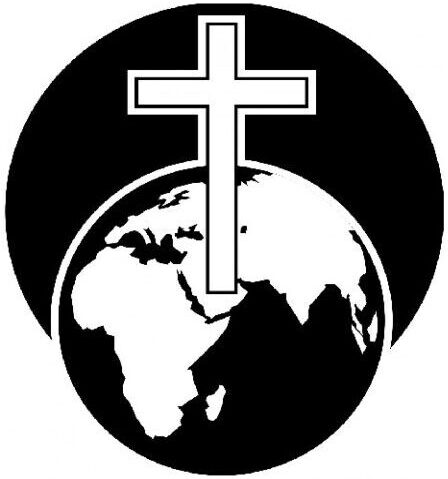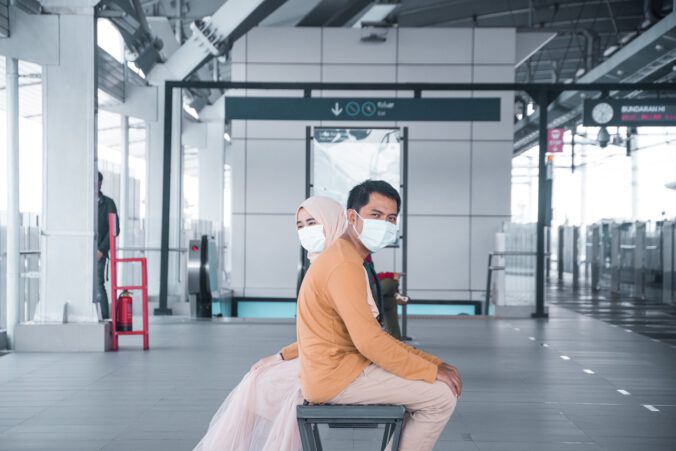A “lack of global solidarity” including the hoarding of vaccines by richer nations as well as slow vaccination rate has contributed to Indonesia becoming the epicentre of the COVID-19 outbreak in Asia, according to the UN’s top official in the country.
Indonesia, like many of countries in South East Asia, had until recently been successful in mitigating the worst health impacts of COVID-19; some form of physical distancing measures have long been in place.
Since taking up my post here in Indonesia in October 2020, I’ve only met most of my colleagues on screen and have almost entirely avoided Jakarta’s notorious traffic jams.
Still, the non-health impacts of the pandemic are stark.
Indonesia has made remarkable progress in alleviating poverty over the past decade, but COVID-19 has set back some of those vital gains.
As elsewhere, COVID-19’s economic burden has fallen disproportionately on women, and other marginalized groups.
Since May, however, the health crisis has become increasingly urgent. New COVID-19 cases have risen five-fold over the past month.
On July 17, Indonesia reported more new daily infections than both India and Brazil, causing multiple news outlets to dub it Asia’s new COVID-epicentre.
And on July 21, the UN’s World Health Organization there had been more than 77,500 deaths in the country.
Indonesia’s total of some 3 million confirmed cases is still far below the more than 31 million India has recorded since the start of the pandemic.
But comparisons have inevitably been made with India’s tragic spring surge. In some areas, overflowing hospitals have been forced to turn away patients and volunteer groups have mobilized to locate oxygen tanks and build coffins.
How did things get so bad so quickly?
It’s down to several factors. The surge is being driven by the highly transmissible Delta variant and we’re also seeing rising case numbers across the region and in many other countries. But on a deeper level, there just hasn’t been a sense of collective wisdom during the pandemic.
The same oversights that occurred in one country were repeated in another. Global experience has demonstrated that strict enforcement of public health measures is critical to containing outbreaks, and that these measures must be guided by accurate surveillance of the transmission of the virus. That didn’t happen in India. What we are seeing here in Indonesia is also in part a result of mass gatherings and travel when the rate of infection was still high.
On top of that, vaccinations haven’t been rolled out quickly enough. As of July 17, six out of every hundred people among Indonesia’s population of 270 million had received two doses of COVID-19 vaccine, with low coverage among the elderly and other vulnerable groups.
Indonesia has secured a relatively good supply of vaccinations, including from the COVAX facility—which is supported by organizations such as WHO and UNICEF—and is ahead of other countries in the region.
But there has been a global lack of solidarity despite the UN Secretary-General’s calls for equitable vaccine access.
Rich countries hoarded vaccines.
As sad as it is, Indonesia is certainly not the worst off; only 1.1 per cent of people in low-income countries have received at least one vaccination dose according UN News.
Join the world government movement if you believe the world leaders should unite and work together to create a Paradise on Earth.[ultimatemember_social_login id=691]





